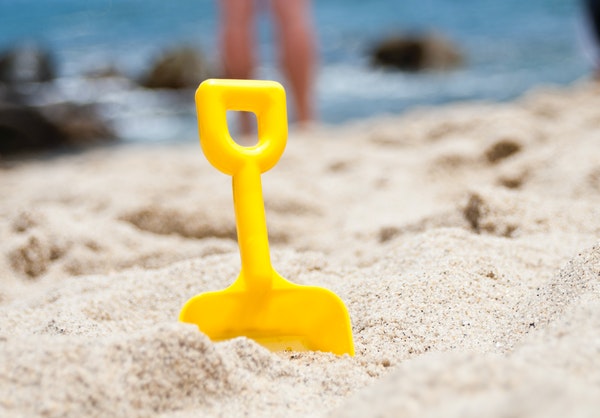
Photo from Scott R on Pexels.
Summer will be creeping up on us pretty soon, and as the temperature gets higher, our thirst for outdoor activity does too. But before you just run to the beach, you should be aware of the health implications that come along with the heat.
Heat Exhaustion vs. Heat Stroke
If you are going to be spending a lot of time outside in the sun, it is important that you know the difference between heat exhaustion and heat stroke and the way to handle both.
Heat exhaustion is the less serious of the two and can usually be treated with just 30 minutes of cooling down. If you have headaches, dizziness, loss of appetite, excessive sweating, cramping, fast breathing, and strong thirst, you are most likely experiencing heat exhaustion.
On the other hand, heatstroke is quite serious. If you are feeling unwell even after a 30-minute cooldown, not sweating while being hot, fast breathing, confusion, seizures, loss of consciousness, etc., then you are experiencing heat stroke and should seek immediate medical attention.
To avoid both heat exhaustion and heat stroke, you should always drink plenty of cold drinks, take cool showers, wear light clothing, avoid the sun during its highest hours, and avoid extreme exercise in the heat. You want to keep a careful eye on children and the elderly as they are more susceptible to heat.
Choosing the Right Sunscreen
If there is anything we know about summer safety, it is that we should always wear sunscreen. However, since there are plenty of options, we should know what to look out for when choosing our sunscreen.
- Choosing a sunscreen that has broad-spectrum protection is important. Broad-spectrum protection means it will guard against both UVA and UVB rays. They can both be responsible for skin cancer and premature aging, so you want double protection.
- A sunscreen that has a sun protection factor (SPF) of 30 or higher is preferred. As the SPF number goes higher, so will the protection your sunscreen gives you. SPF 15 and below will protect you from sunburn but not skin cancer or skin aging.
- You should have an understanding that no sunscreen is “waterproof”. Some are labeled “water-resistant” but they only last for a short time. It is recommended to reapply every 2 hours and even more often if you are swimming.
Staying Hydrated
Most people that get ill in the heat do so because they are dehydrated. Dehydration is caused when it is hot because our body begins pushing a higher volume of blood to our skin which causes sweat. The sweat’s job is meant to help us cool off, but if it does not do its job, the heart will need to work harder. To avoid this type of stress, you should be drinking more to replace the fluids being lost.
Dehydration can come with mild or severe symptoms. Mild dehydration showcases itself in dizziness, fatigue, or nausea. Luckily, you should feel better with just a glass of water. On the other hand, severe dehydration has symptoms such as lack of, or dark urination, rapid heartbeat, dry skin, sunken eyes, fever, chills, etc. These require immediate medical attention. Allowing yourself to be dehydrated for a while can result in serious health complications. It is advised to drink at least one glass of water a day, but if you know that you are going to be overexerting yourself, you need to drink much more.
Some More Quick Tips
- Dress Light- Wear clothes that will allow you to regulate your body temperature.
- Protect Your Eyes- You can get major headaches by not guarding your eyes against the sun, so it’s important to protect them while out.
- Eating Summer Friendly Food- Fruits and vegetables are a good way to replenish your energy and hydrate you in the heat.
Health Insurance Questions?
We hope this information on beating the summer heat is helpful.
Empower Brokerage wants to help you understand the insurance coverage you need and how to save money getting it. Stay on top of your health and give us a call at (844) 410-1320
Get affordable health insurance quotes by clicking here.
See our other websites:

